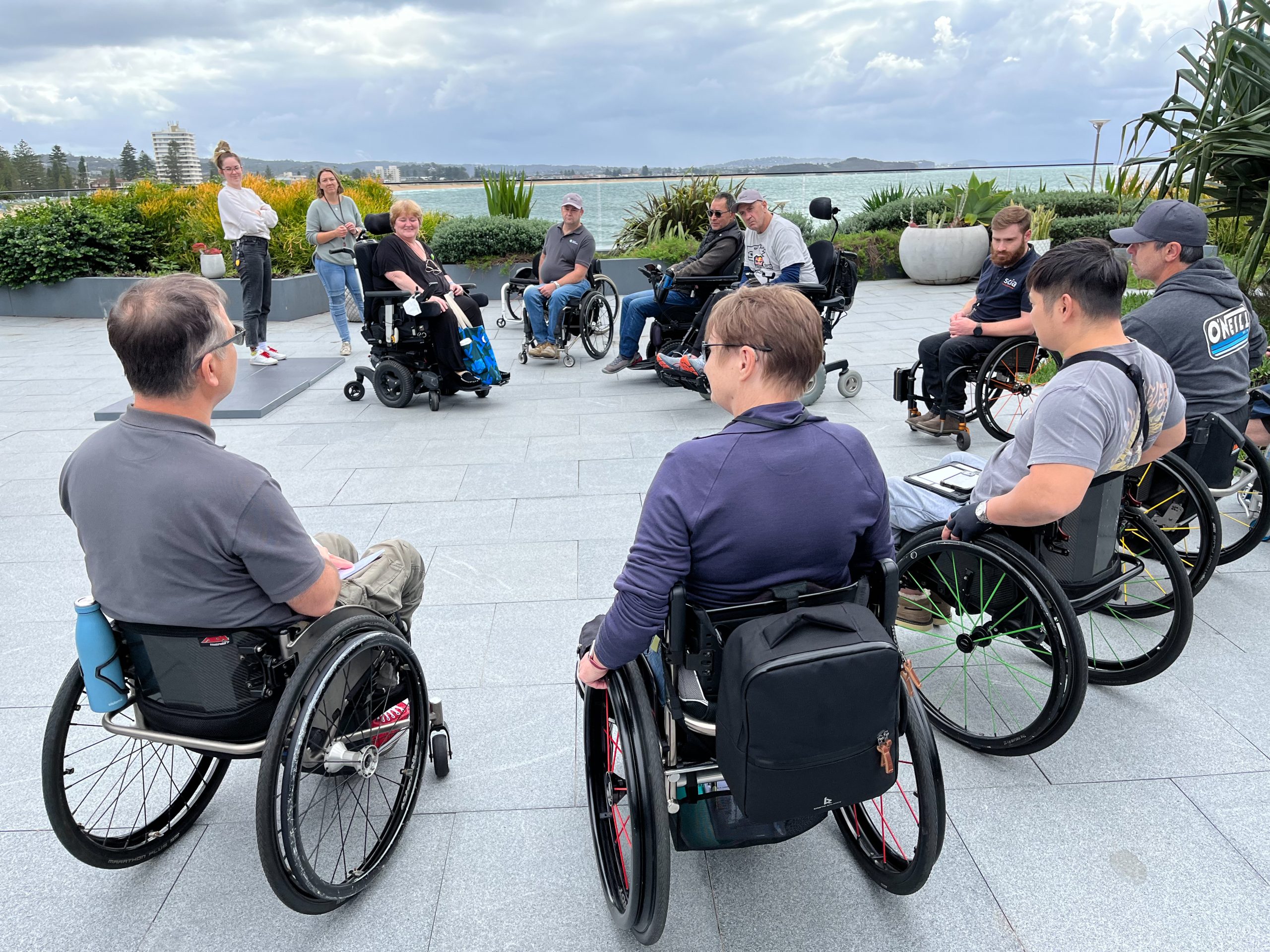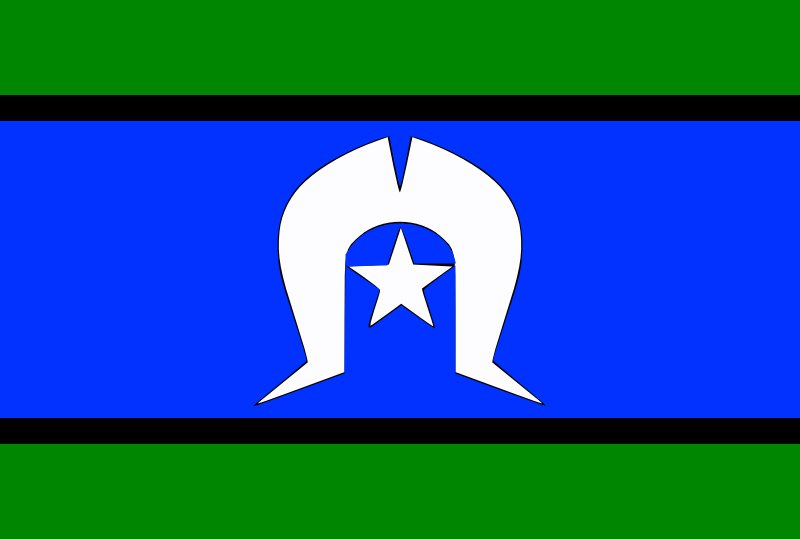Story by Dan Nathan
On the recent Skills For Independence (SFI) course there were two trainee Peer Leaders, Martin and Lynne. Martin has been living with a C4 incomplete spinal cord injury since 2010, and Lynne’s lived with a T12 injury since 2006.
Both Lynne and Martin bring valuable experience to their prospective Peer Leader roles. Before her injury, Lynne worked as a high-school science teacher. For Martin, it was two decades managing teams at the travel publication Lonely Planet.
Lynne says she was drawn to the role because she loves watching people transform.
“And unlike school, these people actually want to be there,” says Lynne. “Helping people who want to achieve something is incredibly rewarding.”
Both Lynne and Martin see the course as having very solid conceptual foundations.
“As a teacher, one of the first things you learn is that you take people from something they know, and you move them into something they don’t know,” says Lynne.
“Everything on the course is done in small steps, steps that are achievable, safe, and build trust. By the end of the course – and we’re only talking days – participants are able to achieve much more difficult skills, because they’ve picked up the building blocks.”

Martin commented that while the ‘hard’ skills around wheelchair proficiency increase participants’ physical independence, the many ‘soft’ skills developed via sessions on topics like dressing, skin care, diet and exercise, pain and fatigue management, sex and intimacy, and staying away from home – are also critical in building independence.
“All these skills improve people’s independence, and quality of life,” says Martin. “It really is capacity building – for the participants, but also for us trainees.”
This is the third SFI course Martin has been on, but it was the first time he was included in the planning and debrief sessions.
“I was really impressed by how they focussed on each individual during the debriefs – what went well and what didn’t, how they needed to adjust the sessions or the content accordingly, and who might need more support.”

Lynne shares that she was struck by the concept of verbal independence – a key skill the course develops. It’s the art of explaining to people what you need, and how you need it done.
“I haven’t seen the concept anywhere else,” says Lynne. “It sounds simple, but its power goes beyond just getting what you need – you’re helping to create a culture of honesty.
“So, if whoever you’re asking help from is feeling overwhelmed, they’re more likely to tell you, and allow you to redirect your ask elsewhere. For some people, when they’re first injured, if they haven’t lived with that honest and direct communication style, it can be quite confronting.”
Learning how to be a Peer Leader wasn’t all Lynne picked up on the course. She can now back wheel balance down a ramp.
“I’ve been in a chair 16 years, so if I can still improve my skills, then anyone can. Once we think we know everything, then it’s time to go.”
- June 23, 2022




